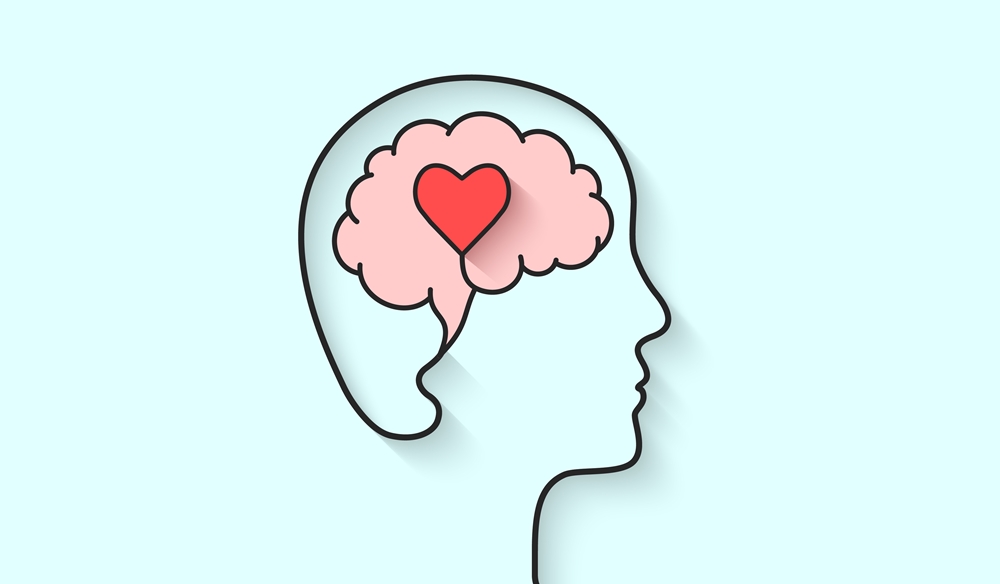The mental health of social workers is an important topic to consider in the field. Mental Health for Social Workers has unique and challenging jobs. But it doesn’t have to be a burden. These tips will help you keep your mental health in check while you do what you do best.
This article will cover some issues that may arise when working with people with mental health problems.
As a social worker in the mental health field, I noticed that clients came to me in different stages of their recovery. One of the most common problems that I saw was depression and anxiety.
Depression and anxiety are two of the most common mental health issues that affect people. They can interfere with daily activities and cause feelings of hopelessness and worthlessness.
While there are medications to help, some people need a different approach. This blog will explore social workers’ role in treating these disorders and how we can help our clients overcome them.

Anxiety
This course builds your confidence, knowledge, and skills to assess, plan, implement, and evaluate mental health interventions for children and adults. The article gives the basic definitions of Mental Health and Social Workers. It also discusses how mental illness can impact a person’s physical, emotional, social, and spiritual health.
For the past 25 years, I’ve been practicing as a mental health counselor and social worker. So much has changed in the field. People used to go into counseling or therapy because they were depressed or anxious. Many people seek help because they’re struggling with addiction or trauma.
We all know that working with people struggling with mental illness or trauma is extremely difficult.
I’ve always wondered why therapists and counselors are some of the best friends I’ve ever had.
What does mental health look like for social workers? Social workers deal with a lot of people who are struggling. Their job is to help them with the difficulties they face.
Social workers are uniquely positioned when dealing with clients struggling with mental illness.
They need to understand their clients ‘ struggles because they are in the mental health field. If you don’t know what mental illness looks like, here are some things you should know.
Depression
Mental Health for Social Workers is the official site of the New Zealand Association of Social Workers (NZASW), providing resources to improve the lives of social workers and the people they work with through information, research, professional practice, and education.
It is time for social workers to understand that their clients are not just unemployed people or homeless. They are also children with mental health problems and families in crisis.
Have you ever felt like you were going crazy? You may be experiencing burnout. That happened to social workers working with traumatized children who had been physically abused.
Social workers are expected to provide high-quality care to children who have suffered from extreme trauma. These children can be incredibly difficult to work with. They don’t have the skills to communicate, and their trauma makes it difficult to help.
That’s where social workers step in. Social workers have the skills to communicate with these children, understand their needs, and they can provide the help that will allow them to move forward with their lives.
While these social workers deal with extremely difficult cases, they also deal with significant stress. That stress has a detrimental effect on their mental health.
This blog post will explore the causes of burnout in social workers and how you can overcome burnout in your own life.

Dissociative Disorders
Creating a supportive environment for your clients is important as a social worker. Some people need a little bit more support than others. I think finding a good psychologist or therapist to help you deal with these issues is important.
Being a social worker in today’s society means you are on call 24/7. You can be called anytime to deal with a crisis, which could mean anything from suicide calls to domestic violence. When clients feel suicidal or troubled, they may not be thinking clearly. Symptoms of depression include sadness, a lack of interest, loss of energy, and loss of pleasure.
There are many types of anxiety disorders, some less serious than others. However, the following behaviors may indicate someone has an anxiety disorder: panic attacks, extreme fear, irrational fears, difficulty sleeping, and worrying all the time.
I was excited, nervous, and relieved that my fears had come true. Nothing is better than being in front of the camera and knowing it’s not a dream.
This experience has shown me that I would never have seen many things in this world if it weren’t for modeling. I am grateful that I have the chance to meet other people and share my knowledge with them.
Psychosis
Social workers must be ready to meet the needs of distressed people, no matter the cause. They must respond appropriately and quickly to situations that might lead to suicide.
That’s why it’s important to understand mental health issues and how to respond to them. This can be done by taking a short online course or attending a workshop.
As a social worker, you may work with clients who struggle with addiction, anxiety, depression, or other mental health issues.
If you’re a social worker looking to improve your skills or a social worker looking to expand your career, check out this online course about mental health and learn how to help those struggling with depression, bipolar disorder, PTSD, or other mental health disorders.
When you’re a social worker, you have to be able to handle situations where people are hurting, angry, or depressed. This can be difficult, especially when dealing with clients who have been in abusive relationships or have been diagnosed with a mental illness.
It’s important to understand that people experiencing these problems aren’t always seeking sympathy. Some might be actively looking to hurt others. You can play a valuable role in these cases by offering compassion, empathy, and understanding.
People experiencing depression and anxiety often feel helpless and hopeless. This can lead them to lash out at others or themselves. But it’s also important to be aware that you may need to offer counseling or therapy services in addition to your regular job.
This makes it important that you keep your cool and remain professional. It would help if you also had a greater understanding of the types of mental health conditions common among your clients.

Frequently Asked Questions (FAQs)
Q: How can social workers help with mental health?
A: First, we must identify mental health as an important component of overall well-being.
Q: What resources and strategies do you use to teach people about mental health?
A: We have a great program called Mindful Schools. It teaches kids how to recognize signs of stress, anxiety, depression, and other emotions and teaches them healthy ways of coping with those emotions. I also lead workshops to teach adults about mindfulness and how to apply it to everyday life.
Q: What resources and strategies do you use to teach people about mental health?
A: Some so many great books and resources are out there.
I would recommend the book “In Our Time” by Martin Seligman. He is an American psychologist who discovered the positive effect of happiness and optimism on our brain functions and the ability to think clearly.
Q: How do you help people with mental health issues?
A: The first step is connecting the client to the appropriate services.
Q: Do you think there is a stigma to seeking mental health care?
A: Yes. There is a stigma around mental health. People feel like they shouldn’t discuss their problems or seek help. If you want to help people with mental health issues, it is important to understand that it is a lifelong process.
Q: How can we encourage people to seek help?
A: Encourage them to talk to their doctor. You can encourage them to reach out. If someone does reach out, that is a good sign that things are getting better.
Myths About Mental Health
1. All mental health professionals are equally effective.
2. If you have a good caseload, you are doing well.
3. Most clients can pay their bills on time.
Conclusion
In conclusion, I believe mental health services should be offered to everyone, not just those with the means to pay for them.
However, I’m not sure that offering therapy is the best way to do this. There are other ways to help people overcome their problems.
The first step to building a successful career in mental health is to be in a position where you can offer it. If you’re new to the field, you may need to take some time to build a portfolio of work to show employers.
If you already have experience, now’s the time to get your foot in the door.
I recommend looking at jobs online, talking to local counselors, and attending professional development events.
Many resources are available to help you prepare for your career.

